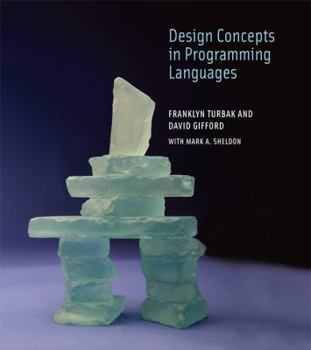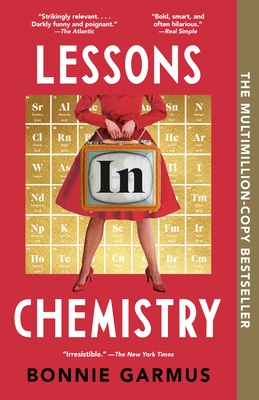Design Concepts in Programming Languages
Key ideas in programming language design and implementation explained using a simple and concise framework; a comprehensive introduction suitable for use as a textbook or a reference for researchers. Hundreds of programming languages are in use today--scripting languages for Internet commerce, user interface programming tools, spreadsheet macros, page format specification languages, and many others. Designing a programming language is a metaprogramming activity that bears certain similarities to programming in a regular language, with clarity and simplicity even more important than in ordinary programming. This comprehensive text uses a simple and concise framework to teach key ideas in programming language design and implementation. The book's unique approach is based on a family of syntactically simple pedagogical languages that allow students to explore programming language concepts systematically. It takes as premise and starting point the idea that when language behaviors become incredibly complex, the description of the behaviors must be incredibly simple. The book presents a set of tools (a mathematical metalanguage, abstract syntax, operational and denotational semantics) and uses it to explore a comprehensive set of programming language design dimensions, including dynamic semantics (naming, state, control, data), static semantics (types, type reconstruction, polymporphism, effects), and pragmatics (compilation, garbage collection). The many examples and exercises offer students opportunities to apply the foundational ideas explained in the text. Specialized topics and code that implements many of the algorithms and compilation methods in the book can be found on the book's Web site, along with such additional material as a section on concurrency and proofs of the theorems in the text. The book is suitable as a text for an introductory graduate or advanced undergraduate programming languages course; it can also serve as a reference for researchers and practitioners.
Format:Hardcover
Language:English
ISBN:0262201755
ISBN13:9780262201759
Release Date:January 2008
Publisher:MIT Press
Length:1322 Pages
Weight:5.00 lbs.
Dimensions:2.1" x 8.3" x 9.1"
Age Range:18 years and up
Grade Range:Postsecondary and higher
Customer Reviews
customer rating | review
There are currently no reviews. Be the first to review this work.





















